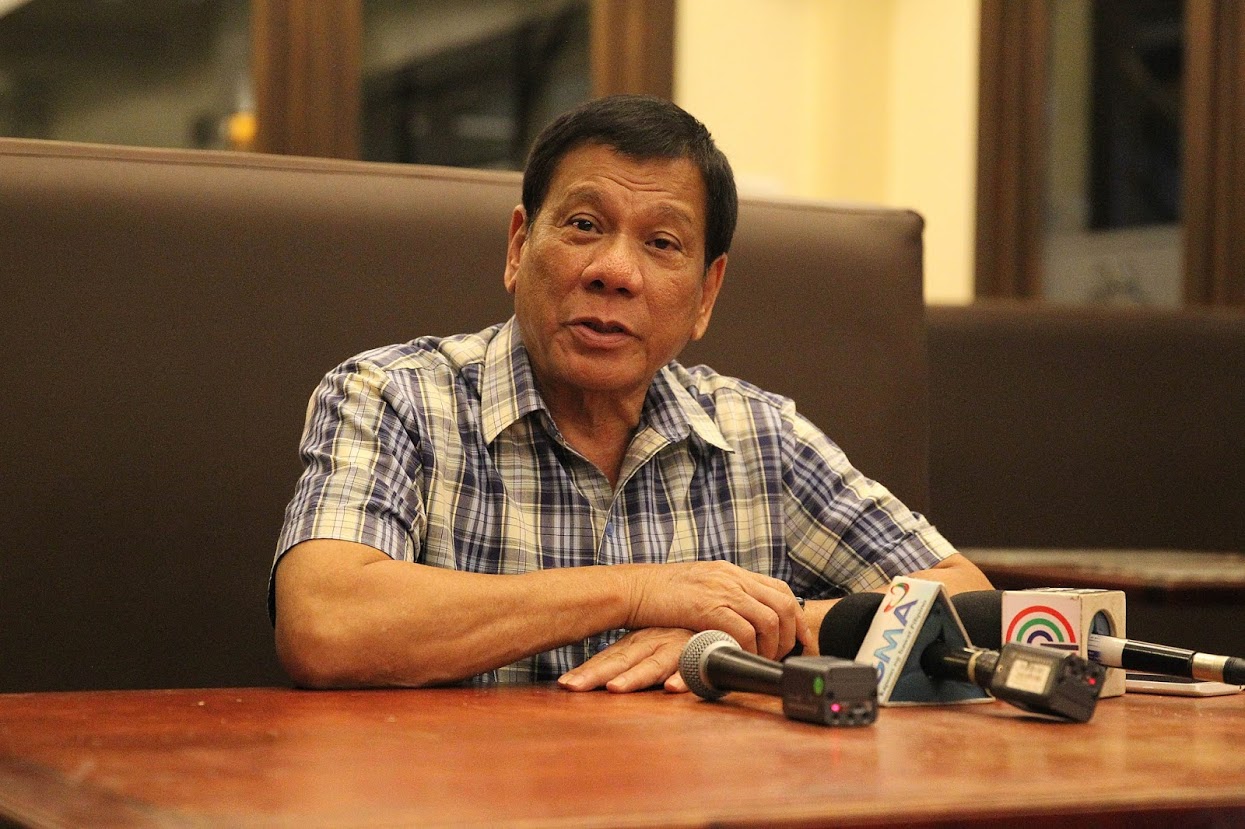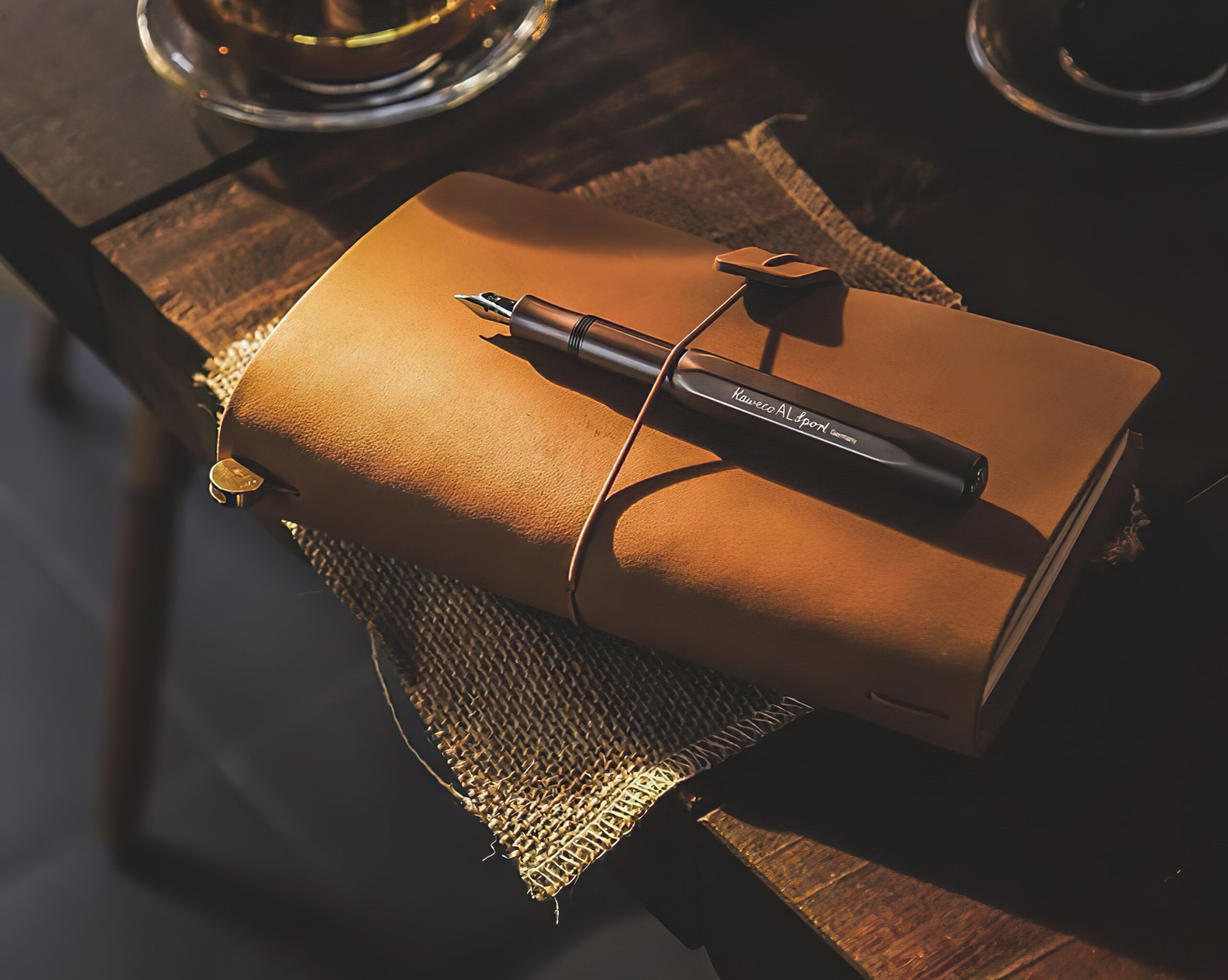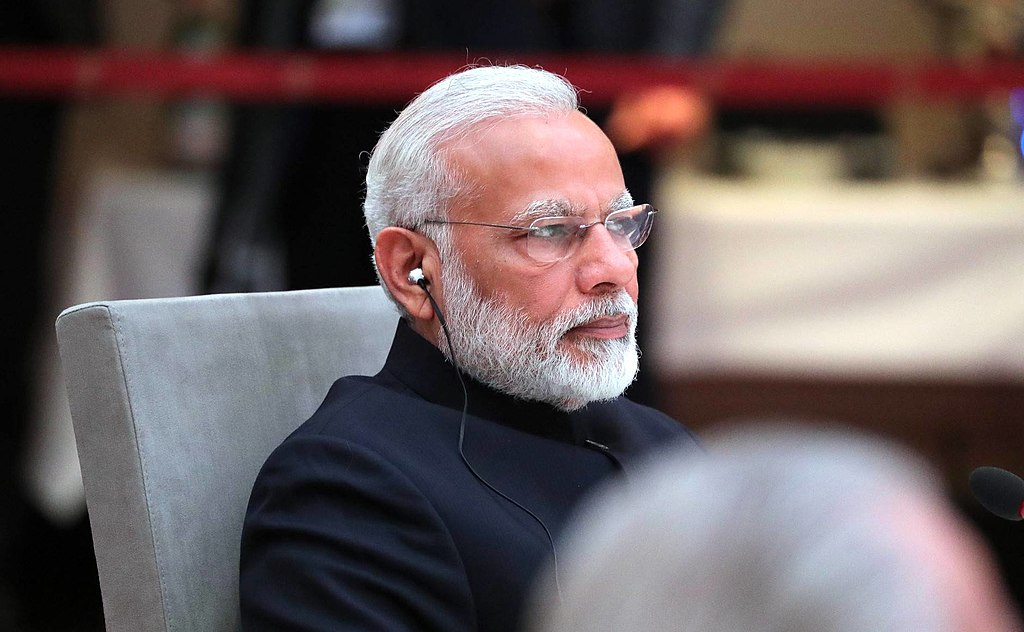By Miguel Rivera*
After a spectacular rise to the Philippine Presidency marked by a colourful, if abrasive, six-year term, the tepid reactions to Rodrigo Duterte’s recent antics in the public sphere may reveal what happens to populists once they are out of the halls of power.
After a spectacular rise to the Philippine Presidency marked by a colourful and abrasive six-year term, the tepid reactions to his recent antics may signal that the Philippine elite may be ready to move on from Rodrigo Duterte.
Populists After Power: Have We Had Enough of Rodrigo Duterte?
Former President Rodrigo Duterte made headlines after his strong comments regarding the recent issue on confidential funds that have hounded the current Vice President of the Philippines and Secretary of Education, Sara Z. Duterte (his daughter). The country’s Commission on Audit (COA) reported that in 2022, the Office of the Vice President (OVP) spent 125 million Philippine Pesos (a little more than 2 million Euros) within 11 days. Confidential funds are exempted from the standard procedures for auditing under Philippine law, and may only be used for intelligence or security reasons. This controversy came at the heels of ongoing budget deliberations in Congress, where the younger Duterte’s offices asked for a combined 650-million Pesos (around 11 million Euros) in confidential funds. The scrutiny mainly came from the political opposition, particularly from Rep. France Castro (a party-list representative for teachers), and Senator Risa Hontiveros. Critics have asked why the Department of Education would need confidential funds given that it should not be involved in intelligence or security operations, and others have deemed the way that the funds from last year had been used might be unconstitutional.
In response, and handing a political defeat to the Vice President, Congress then announced that it would be re-allocating the 650 -million Pesos confidential fund requested by the offices headed by Duterte. Congress said that the funds will instead be used to bolster the budgets of other government agencies directly involved in securing the West Philippine Sea.
In an interview, the elder Duterte lashed out at his daughter’s critics, going as far as to red-tag Rep. Castro as a communist and said that she ought to be killed. In the same interview, he also said the the Speaker of the House, Rep. Martin Romualdez (a cousin of the current President, Ferdinand Marcos, Jr.), was wallowing in pork barrel fund allocations which he supposedly was handing out to representatives, in order to bolster Romuladez’s support for a planned Presidential run in 2028.
This prompted strong responses from the targets of Duterte’s tirades. Rep. Castro has filed suit against Duterte for grave threats. Even his own allies have issued a rare rebuff against the former President as Congressional leaders called out Duterte and his statements. The case filed by Rep. Castro adds to the elder Duterte’s legal troubles, as he is currently undergoing an investigation from the International Criminal Court (ICC) for the deadly War on Drugs during his administration. The Philippine government then under Duterte, and now under Marcos, have not cooperated with the investigation. But the Marcos, Jr. government has recently made a drastic U-turn, with the administration-dominated Congress choosing to endorse resolutions that urged the Executive branch to cooperate with the ICC investigation. The recent controversies have also not bode well for his daughter whose trust and satisfaction ratings have dropped significantly. It should be noted, however, that both Marcos and Duterte still enjoy considerable public support. But these recent developments point to a likely deterioration in the strength of the Marcos-Duterte alliance.
Untouchable Elites?
These strong responses against the former President, some of which come from the political establishment that had so embraced his personality in the past six years, seems to signal that his populist shine may be losing its lustre.
It bears repeating that Rodrigo Duterte’s rise to the Presidency was spectacular for how such an entrenched local figure without much experience in the national stage so quickly became the master of the country’s political centre. Swept into power as a refutation of liberal, moralist politics of his predecessor, Duterte campaigned on sweeping reforms that sought to take aim at what he deemed the be the country’s oligarchs, tied together on a promise of conducting a deadly war against drug dealers, pushers, and users. He proposed a total shift in the government of the Philippines towards Federalism. A step, he argued, that would shift political and economic power away from an imperialistic Manila towards the country’s poorer provinces. This sweep into the halls of power was encapsulated by his government’s later mantra “No to Drugs, Yes to Federalism”.
Duterte “delivered”, especially on the promise that the drug war will be deadly, but nary made a dent on anything else. Instead of equalising the political and economic field, he merely created new ones, de-centring from power those whom he thought were not allies and instead distributing the spoils for his own set of friendly oligarchs. For example, his allies argued that the refusal of his government to endorse the renewal of licence for the broadcaster ABS-CBN was also a repudiation of the country’s oligarchic class, who owned and consolidated the country’s conglomerates to a few families. The licence was later given to a billionaire friendly with the administration. He silenced critics by filing cases against prominent opposition politicians and journalists. Disinformation and fake news ran rampant, especially in social media groups that supported Duterte. A militaristic approach to the Covid-19 pandemic frustrated the country’s measures to stymie the spread of the pandemic. The list goes on and on.
Rodrigo Duterte’s populist politics may have catapulted him into power and initially shocked the political establishment, but his presidency actually changed very little about how “the game is played” in Philippine politics. His populist rise did not make a dent into the Philippines’ democratic capture by elites and political dynasties. Scholars, for example, are now starting to note that Duterte had failed to institutionalise his particular style of populist politics within the more entrenched political forces in the Philippines.
This is similar to the current trajectory of Brazil’s former populist president, Jair Bolsonaro, who faces the possibility of imprisonment due to comments he made about his electoral loss. Some elements of Bolsonaro’s rise to power, public image, and governance mirror that of Duterte’s. Both men disregarded the intricacies of political party-building (weak political parties are the norm in the Philippines, but a strong political party system exists in Brazil). These two men stand at a stark contrast to their populist counterpart in India, where Prime Minister Narendra Modi continues to work in order to ensure the political entrenchment of his Bharatiya Janata Party (BJP). As such, they had failed to ensure the sustainability of their own political visions. In other words, Duterte’s (and to some extent Bolsonaro’s) populism simply remained as it was in the beginning: his personal style. No key electoral reforms were passed, no changes to the way that political parties operate were made, and nothing had been done to upend clientelist politics.
For example, the much-touted campaign promise of changing the Philippine government towards a federal setup was never implemented after his administration and his own allies failed to agree on key points of the new proposed setup. The prospects of changing to a federal system of government also received lacklustre support from the Filipino public. Two years after campaigning hard for federalism, a 2018 survey revealed that only 34% of the public would support a shift to a federal system. This is a far cry from the support for Duterte’s other, more well-known, piece of policy: his bloody war on drugs.
It seems that in the current configuration of Philippine politics, the outside limit is systemic change. No one, not even a Rodrigo Duterte, can seek to change the fundamentals of a political system that affirms elite and dynastic domination.
Down, but not out
The current makeup of Philippine political power owes much to Duterte’s popularity and influence. The election of the former dictator’s son, Ferdinand Marcos, Jr. to the Philippine Presidency, and Sara Duterte, Rodrigo’s daughter to the Vice Presidency, is evidence that the Philippine public voted (even without Rodrigo Duterte’s official endorsement of Marcos Jr.’s candidacy) to continue what they perceived as an extension of the policies and personalities that best embodied the outgoing Duterte’s. Key government posts are held by Marcos-Duterte allies (and family members), disinformation remains rampant, and the political opposition remains disorganised and weak. But this only bolsters the key point: this does not point to any significant change in the makeup of Philippine political norms. As such, when Rodrigo Duterte the populist is becoming a nuisance to the personal interests of those in power, it becomes that much easier to repudiate him, even in public.
Make no mistake: Rodrigo Duterte still enjoys significant support from a majority of the Filipino public and even from key elite political figures. Even as Duterte sees himself being threatened from multiple fronts, his continuing popularity might yet give him another chance to wield considerable power. He and key allies currently rank high in opinion polls for those most likely to be elected in the country’s 2025 Senatorial Elections. The prospects of a Sara Duterte presidency in 2028 (even given her recent setbacks) are still likely, given a disorganised opposition. The communicative space is still steeped in disinformation and masses continue to be enamoured with strongman politics. Elite rule and dynastic politics in the Philippines remain as strong as ever. But as its many tribulations teach us, Philippine politics can spring surprises, for better
*Miguel Paolo Rivera is an ERC doctoral researcher at the UCD School of Geography. He is a lecturer at Ateneo de Manila University.
Image Source: Presidential Communications Operations Office https://commons.wikimedia.org/wiki/File:President_Rodrigo_Duterte_080816.jpg via Wikimedia Commons






